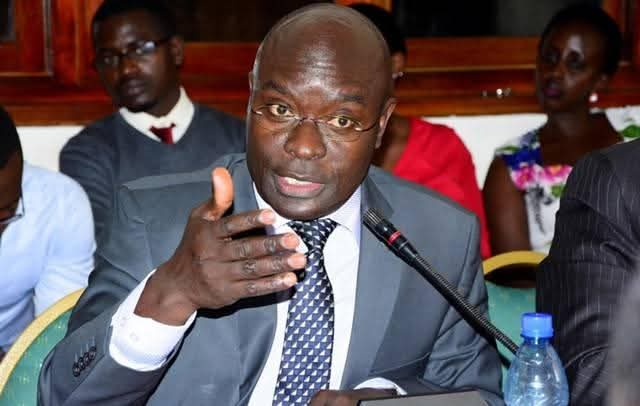The Electoral Commission (EC) of Uganda has officially announced that it will not print braille ballot papers for the forthcoming General Elections scheduled for 2025-2026. This decision, made public by the EC chairperson, Justice Simon Byabakama Mugyenyi, has sparked discussions regarding the inclusivity of the electoral process for visually impaired voters.
Background and Context
Organizations representing persons with disabilities, such as the Uganda National Association of the Blind and Deaf, have long advocated for the inclusion of braille ballot papers to enable visually impaired voters to cast their votes independently and confidentially. The demand is rooted in the principle of equal participation in democratic processes and the need to remove barriers for persons with disabilities.
However, the EC has cited several logistical and practical challenges that make the printing of braille ballot papers unfeasible at this time. Justice Byabakama highlighted that the Commission is preparing for approximately 50,000 polling stations nationwide, each requiring ballot papers for multiple elective positions including Members of Parliament, Woman MPs, district chairpersons, councillors, and others. Producing braille versions for every polling station would significantly increase the complexity and cost of the election preparations.
Challenges Cited by the EC
One of the primary obstacles is the lack of accurate data on the number and distribution of visually impaired voters across the country. Justice Byabakama questioned the efficiency of printing braille ballot papers without knowing where the visually impaired voters are concentrated and how many would actually use them. He emphasized the need for credible statistics from relevant organizations to justify such an undertaking.
Moreover, the EC raised the issue of braille literacy among the visually impaired population. Printing ballot papers in braille would be ineffective if many visually impaired voters cannot read braille. This concern underscores that accessibility is not only about providing materials in alternative formats but also ensuring that the intended users can utilize them effectively.
Justice Byabakama also pointed to the problem of low voter turnout in general. For instance, in the 2021 presidential elections, only about 10 million people voted out of 18 to 19 million registered voters. The EC had printed additional ballot papers as a contingency, but nearly nine million went unused. This example was used to illustrate the potential wastefulness and cost implications of printing braille ballots without clear demand.
Reference to Other Countries’ Experiences
The EC chairperson referenced Sierra Leone’s attempt to introduce braille ballot papers, which was eventually abandoned. This example highlights that even countries with similar challenges have struggled to implement braille ballots effectively, reinforcing the EC’s cautious stance.
Upcoming Elections and Inclusion Efforts
The decision was communicated during a national workshop for stakeholders preparing for the elections of Special Interest Groups (SIGs) councils and committees, which include representatives of youth, older persons, persons with disabilities (PWDs), workers, and the Uganda People’s Defence Forces (UPDF). These elections, scheduled from June 17 to 19, will kick off the 2025-2026 General Elections cycle.
While the EC has ruled out braille ballot papers, it has not detailed alternative measures to assist visually impaired voters. The challenge remains for the Commission and disability advocacy groups to collaborate on feasible solutions that balance inclusivity with logistical and financial realities.
Conclusion
The Electoral Commission’s decision to forgo printing braille ballot papers for the next elections underscores the complexities involved in making elections fully accessible to all voters. The lack of reliable data on visually impaired voters, the high costs, and concerns about braille literacy are significant barriers. Moving forward, a concerted effort to gather accurate data and educate visually impaired voters on braille could pave the way for more inclusive elections in the future. For now, the EC’s stance reflects a pragmatic approach to managing limited resources while preparing for one of the largest electoral exercises in Uganda’s history.

